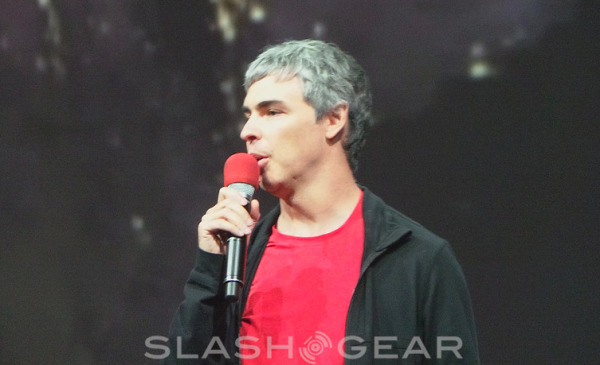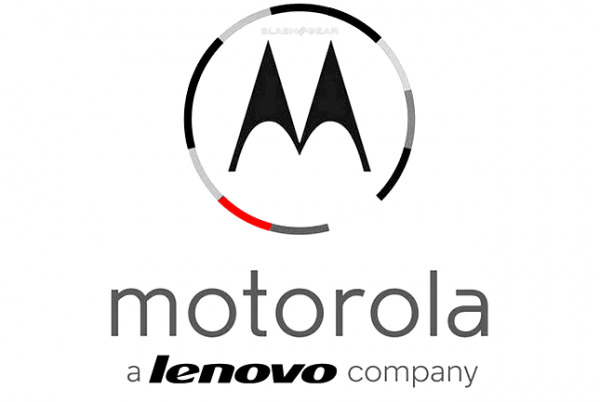Google explains Motorola sale: we're not leaving hardware
Immediately following the announcement of their sale of Motorola's non-patent bits to Lenovo, Google explained a bit about what they'd be doing to move forward from this point through 2014. In a very basic way, Google suggested that they had, indeed, strengthened their own patent portfolio before the decided to move forward without the rest of the Motorola business. Meanwhile, Google suggested this afternoon, they'd not be getting out of the hardware business – not at all.
Instead, Google CEO Larry Page says, this business move "does not signal a larger shift for our other hardware efforts." While the sale of Motorola to Lenovo does mean they'll not be dealing in Motorola's hardware manufacturing, design, or distribution anymore directly, it doesn't mean Google is leaving the hardware business.
"As a side note, this does not signal a larger shift for our other hardware efforts. The dynamics and maturity of the wearable and home markets, for example, are very different from that of the mobile industry.
We're excited by the opportunities to build amazing new products for users within these emerging ecosystems." – Larry Page, Google CEO

In other words – think about where the non-smartphone smart device industry is going. Google is more than just a sideline player in these industries already – Google Fiber, Nest, and Chromecast all sit rather prevalently in the home devices market while Google Glass is one of the most well-known wearable devices today.

Of especially important note to those of you keeping track of where Motorola is going, Page also notes that "Lenovo intends to keep Motorola's distinct brand identity." He mentions too that they did this – rather successfully – when they purchased the ThinkPad brand from IBM all the way back in 2005.
Now we've only to see this all play out. In an international deal like this – with both the USA and China involved, no less – we're not going to see any actual finalizations on deals for quite some time. Until then, as Page suggests, "it's business as usual."
